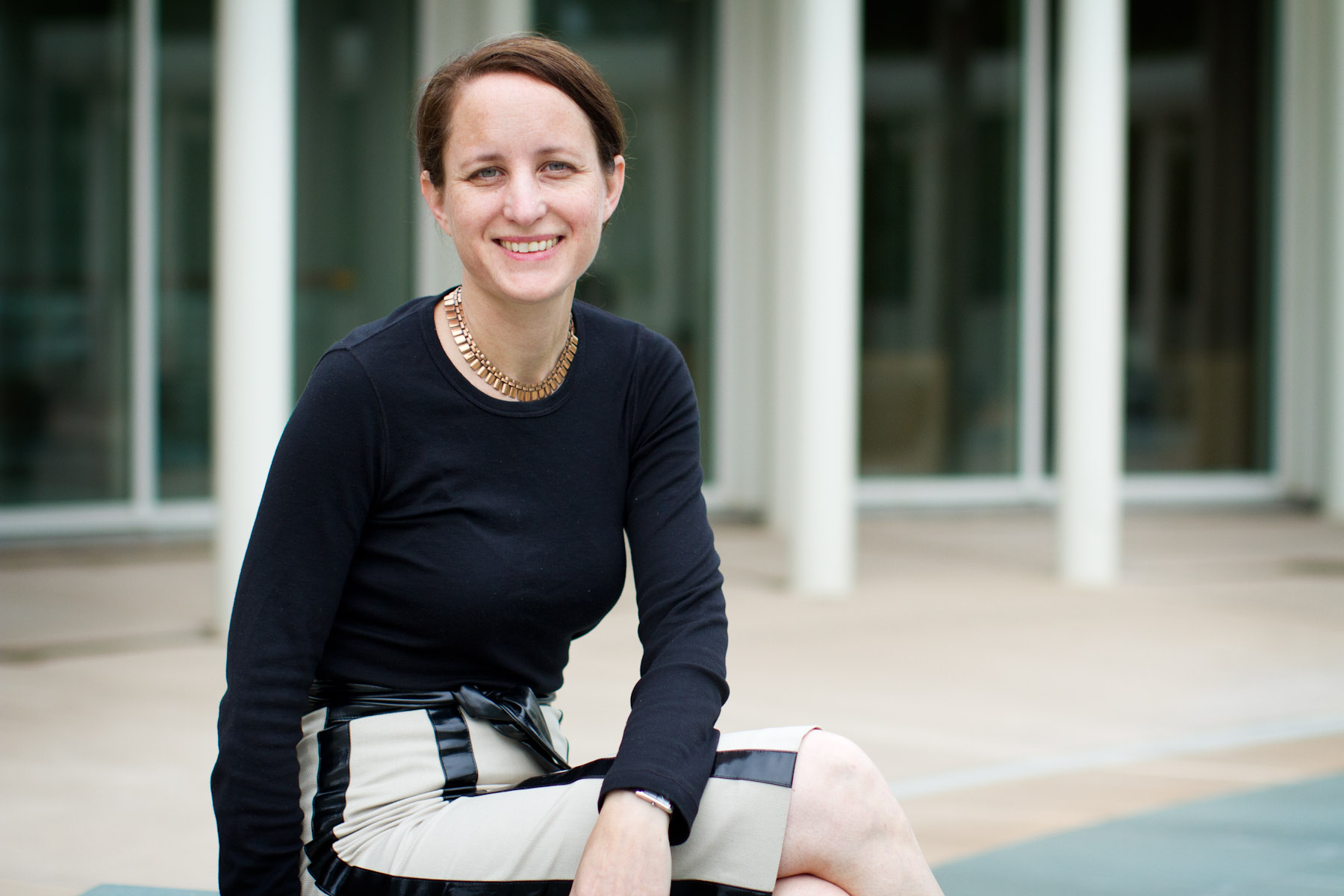University of Virginia historian Sophia Rosenfeld has received the 2012 Lynton History Prize and the 2012 Society for Historians of the Early American Republic Book Prize for common sense. Or, more accurately, for “Common Sense: A Political History,” her 2011 book on what people seem to take for granted.
“The book is a history of how common sense and democracy have been implicated since the 18th century,” she said. “I am interested in how we first became convinced that ordinary people's perceptions can be used for making decisions in politics – that running a government is not necessarily much different from making decisions around a kitchen table.”
Rosenfeld teaches 17th- and 18th-century European history in the College of Arts & Sciences’ Corcoran Department of History. Her coursework includes the Enlightenment and the age of revolutions. She looks at events such as the American and French revolutions and how they relate to political conversations today.
The Columbia Journalism School and the Nieman Foundation at Harvard University annually award the Mark Lynton History Prize to “a book-length work of history on any topic that best combines intellectual distinction with felicity of expression.”
The Society for Historians of the Early American Republic is an association of scholars dedicated to exploring the events and the meaning of the history of the United States between 1776 and 1861.
“I was surprised and pleased with the Lynton Prize,” she said. “I did not know I was in the running for it. The same applies to the SHEAR award.”
Common sense is the perennial counterbalance to complicated, technical or abstract solutions from self-proclaimed experts, Rosenfeld said.
“At the moment, experts in economics devise complex deficit spending plans, while many people claim common sense tells them that you shouldn’t spend more than you earn,” she said. “These two approaches are always in tension in modern democracies.”
Common sense is what animates populists on both the right and the left, Rosenfeld noted, quickly adding that she does not explicitly take sides in the matter of who best embodies it.
“It has been a very important concept for American democracy since Tom Paine,” 18th-century political activist and author of “Common Sense” and “The Rights of Man,” she said. “Both parties today insist that they have common sense on their side, or that they are 'restoring' common sense. I am interested in what this claim means, where it comes from and what its effects have been.”
Rosenfeld was initially attracted to writing about common sense because it seemed to be something outside of history, an aspect of the current world whose value has become so self-evident that people hardly notice it any more. “A history of common sense is a history of the taken-for-granted,” she said.
So how did common sense get the political impact it has today? According to Rosenfeld, common sense became a category of knowledge at the end of the 17th century, in the aftermath of England’s Glorious Revolution. “It was in a moment when there was a crisis, of faith and of the old knowledge, and the concept of common sense offered a new form of authority and a way of agreeing on basic things,” she said.
Most of the book focuses on the 18th century, with each chapter taking place in a different city – London, Aberdeen, Amsterdam, Paris, Philadelphia – during a time of crisis. She focuses particularly on the American Revolution, when left-wing populism centered on the idea of the people’s innate wisdom first emerged, and on the French Revolution, when some writers, reacting against the abstract, theoretical language of the leading revolutionaries, appropriated common sense to defend the traditional, female and anti-democratic folk wisdom of the countryside.
“In both cases,” she said, “they write about common sense when it is perceived to be under attack.”
Rosenfeld, who has taught at U.Va. since January 1996, said she had worked on the book for about seven years.
“Writing is hard, rewarding and painful in equal parts.” she said. “I tried to write a book for a wide audience. I discovered that I enjoyed the challenge. I also liked having the freedom to write about the past with the present firmly in mind.
“I like the history of big intellectual puzzles,” she said.
Media Contact
Article Information
September 24, 2012
/content/uva-history-professor-rosenfeld-awarded-twice-common-sense

